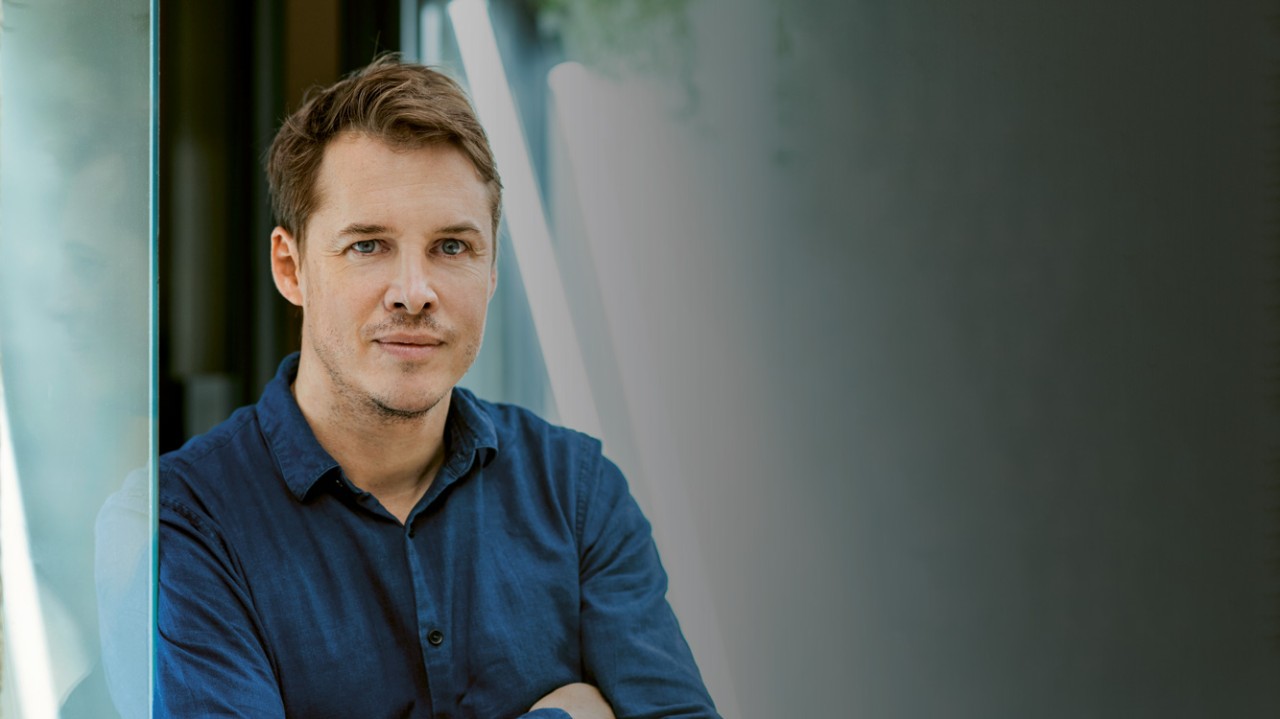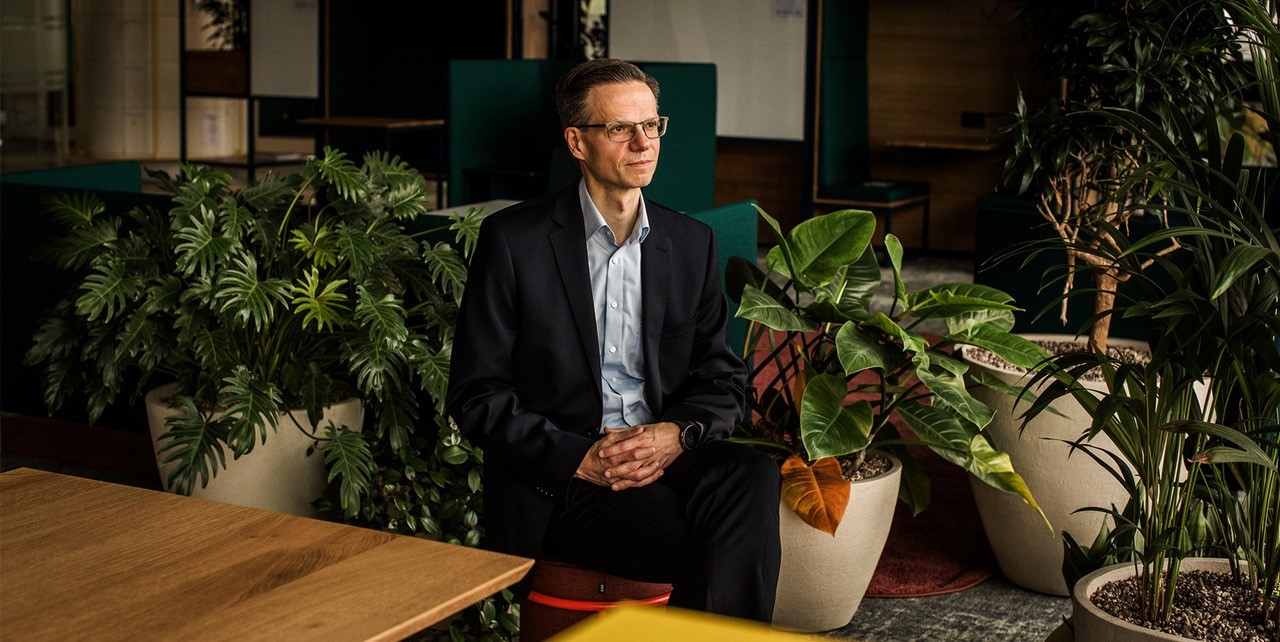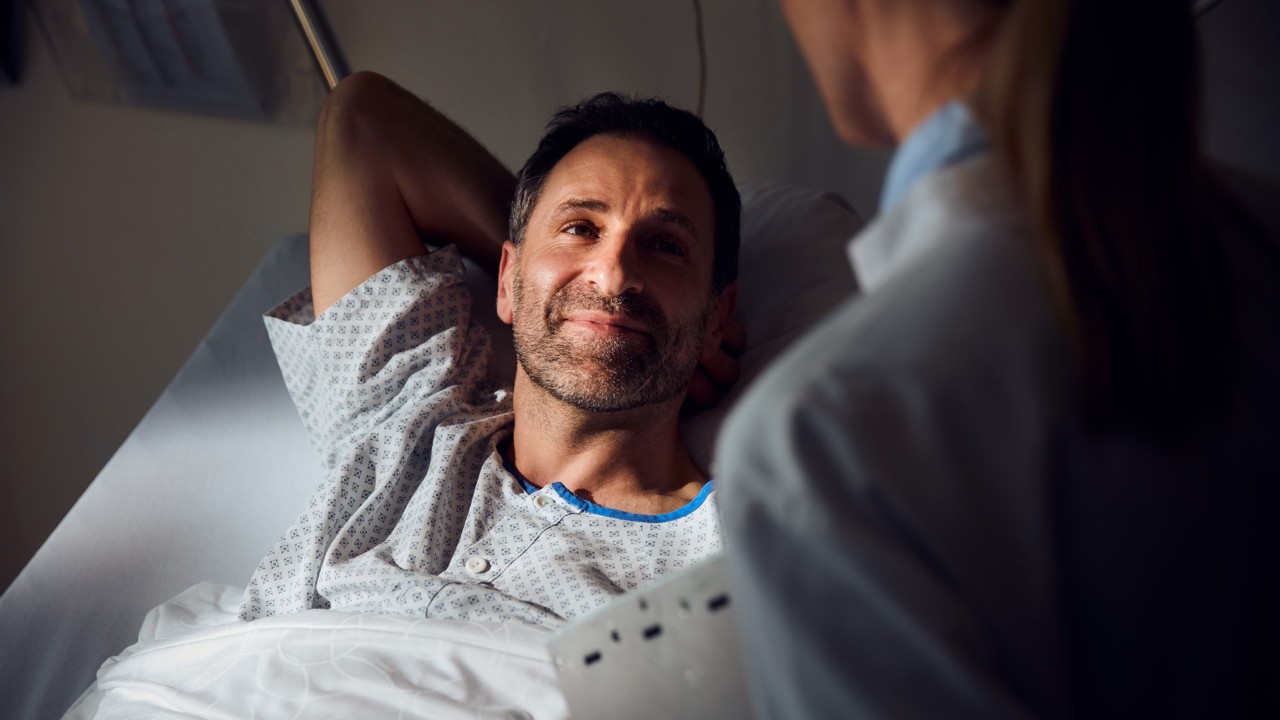KI in der Medizin: «Der Mensch hat das letzte Wort»
Künstliche Intelligenz in der Medizin wird das Gesundheitssystem der Zukunft prägen. Wie der bewusste Umgang mit der Technik aussehen könnte.

Mr Sigrist, the artificial intelligence behind ChatGPT is currently a huge topic in the media. Will AI also disrupt the healthcare industry?
Dr Stephan Sigrist: Yes, AI systems trained to recognise images can already detect tumours on diagnostic images faster and more precisely than humans. And Copenhagen university hospital has recently published a study showing that its AI can identify if a person has suffered a stroke in an emergency call based on the person’s voice.
Can illnesses be predicted by using AI in medicine?
This is actually already possible for some illnesses. For example, AI can tell whether a person is at risk of high blood pressure by means of a face scan. Another algorithm analyses the movement patterns of young children. In case of abnormalities, AI helps with the early diagnosis of neurological diseases and developmental disorders.
A machine that makes judgements about health sounds pretty disturbing.
Of course, humans have to have the final say when it comes to making a diagnosis. There are also limitations in complex cases where pattern recognition via algorithms doesn’t work.
And verified input data is required to train the machines. Ultimately, AI in medicine is a tool that doctors or nursing staff can use to make diagnoses more easily or plan more efficient treatment. It isn’t a replacement for humans.
For quality assurance, you need monitoring bodies, such as the Competence Network for Artificial Intelligence (CNAI) founded by the Swiss government in 2022, and experts to review the AI diagnoses. We have to remember that we’re always dealing with individuals whose genetic predispositions vary and react differently to drugs.
That’s why patients should also scrutinise the use of AI in medicine. However, if used appropriately, AI will one day ease the burden on hospital staff, thus freeing up more time for patients.
Taking care of people in need often pushes caregivers and relatives to their limits. This is a very difficult situation for everyone involved. Can AI help?
Carebots can’t replace humans, but they can help people in need of care to be more independent. Some time ago, I myself had a serious accident and I’d have been happy not to have to call on someone every time I needed to go to the toilet. Systems that can help move patients, for example, are already being tested.
By 2050, 800,000 people in Switzerland will be aged over 80. I see great potential for supporting healthcare applications with AI. The key is to use artificial intelligence to support people’s autonomy, not to subordinate them to automated processes.
It’s practically impossible to get an appointment for psychotherapy in Switzerland at the moment. And mental health apps are booming since the pandemic. How well does AI work with anxiety or depression?
Some studies demonstrate positive effects. AI can help with triage and preliminary assessments, but I’m sceptical about its role in providing actual care. It makes a difference whether you talk to an empathic human being or an algorithm that ultimately runs through a decision tree.
Key questions have to be answered in connection with these apps: Is it ethical to leave desperate people alone with a machine? And who bears responsibility if those affected are psychologically worse off as a result? And yet, as the number of diagnoses is increasing all the time, it could serve as a useful aid.
How long will it be before we see Dr AI in the treatment room?
It will still be quite some time before AI is used systematically in all practices and clinics. If the technology is used correctly, it will help improve the quality of care while also cutting costs. And it will encourage people to understand and take control of their health. All this is possible provided that we don’t fall for the one-sided and unrealistic utopias or horror scenarios that are currently dominating the headlines.
Dr Stephan Sigrist is the founder and head of the Swiss think tank W.I.R.E. He studied molecular biology at ETH Zurich. As an interdisciplinary strategist, he analyses new developments and trends in the healthcare sector and others.


